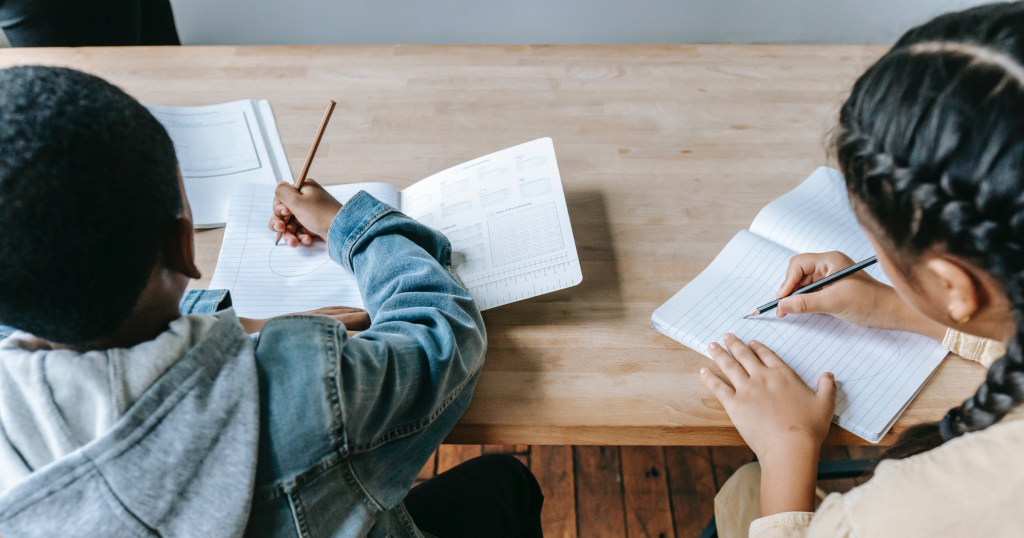Written by Cavyn R., a Minnesota high school student
When I reflect on my experiences with discrimination as a Black kid in public school, one of the earliest memories is from fourth or fifth grade. I would’ve considered myself an exceptional math student at that time. There was a paper tree on the board above the sink, and in order to get on this board you’d have to complete a multiplication table with something like 50-100 questions. Once you’ve answered all these questions correctly in the amount of time given, as a reward your pictures were placed in an apple cutout on the board.
One of my goals was to be on that board. It was almost the end of the year when I was finally added.
I didn’t understand why it had taken me so long initially, because I was really great at multiplication. I was shocked every time I took the test but didn’t make it onto the board. It had gotten to the point where almost everyone’s pictures had been posted to the board except mine. On the days we would take the test and I was sure I had completed it correctly, my picture wasn’t added. I would go home and tell my mom I was upset about this.
One day I flew through the questions and was done moments after receiving the test. After I finished my teacher walked up to me with a calculator and a blank piece of paper. She then wrote down an equation and told me to solve it while she typed it into the calculator. I solved the equation and we both got the same answer at the same time. She responded by walking away with a slight nod.
What I have realized is I wasn’t allowed to reap the benefits of my success in all the other tests because, in her mind, a person of my demographics shouldn’t have been able to solve all the problems correctly in that amount of time. It was unbelievable to her to the point where my knowledge had to be challenged with a calculator’s speed and accuracy.
Soon after this situation I was placed on the board.
But it made me wonder: What exactly made my ability unbelievable? Why was my success questionable?
My school’s students were majority white, my teachers too. And when I thought about what made me different from the majority I realized that this was an action of discrimination against me; whether intentional or not it didn’t matter because it made me feel ostracized. I know now that what I was experiencing was microaggression.
If I was more aware of what I was experiencing I could’ve communicated to her superiors or peers that I was being mistreated. With a better understanding of terminology around discrimination and bias, I would’ve had fewer circumstances where I felt I was being violated.
But it’s not a child’s responsibility to be aware that a teacher has racial bias, it is the teacher’s.
I was compelled to self reflect and try to use this situation as a tool to navigate. My teacher however had the privilege to possibly stay unaware of her own temperament or how it could affect students of color.
These situations constantly go unnoticed in the school system. This is why I feel like it’s best to educate kids on forms of discrimination, and how they can be experienced. This is a great example of why it’s problematic when people say “I don’t see color” because then things like this aren’t perceivable. How can you advocate for a group you don’t recognize? We need the people who are supposed to be leaders or have authority to be educated not only in the field that they work in but in implicit bias and discrimination.
Found this useful? Sign up to receive Education Evolving blog posts by email.
